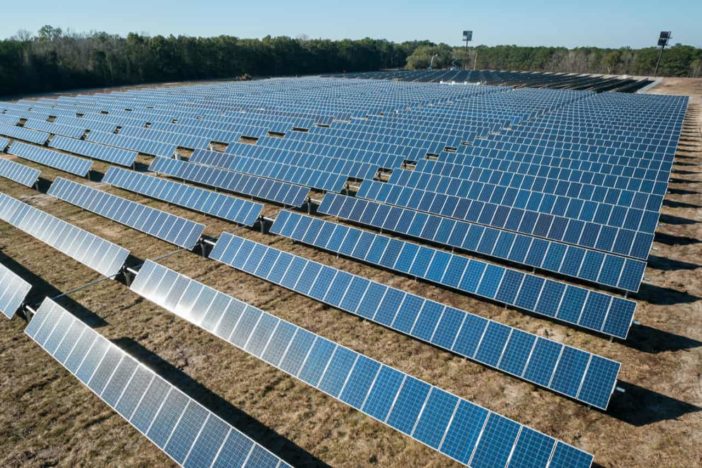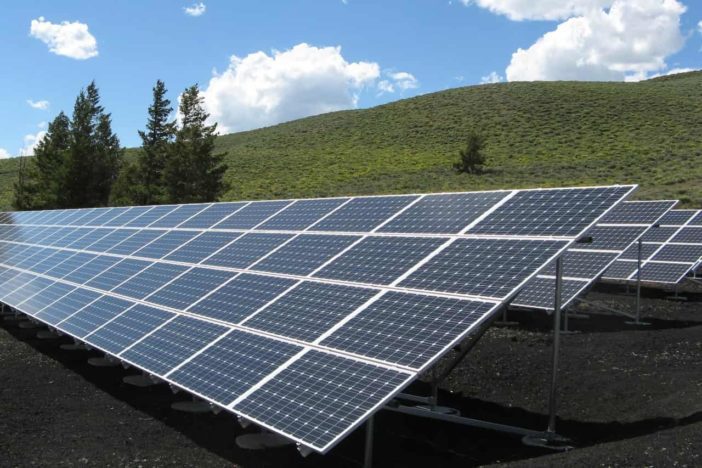The more we become educated about the negative impact we leave behind on the environment, the more we feel compelled to do something about it. The good thing is that there are a lot of things we can do, and going solar is one of the best steps anyone can take. Not only is there roughly 5 billion years of solar energy up for grabs on any single day on planet Earth that can be harnessed into electricity, but, from a user point-of-view, there’s also a myriad of benefits that come with going solar. A few examples of these benefits would be cutting down electricity bills, lowering one’s carbon footprint, and getting awarded by federal programs for going solar.
Unfortunately, it’s not uncommon for the majority of people to associate going green with sacrifice – and that goes for solar energy as well. Looking from their perspective, it’s easy to understand why they make a strong argument, since, in a lot of cases, merely installing solar panels on the roof of your building is not enough to guarantee the efficacy of your new power source. The efficacy can’t always be guaranteed even if you choose more efficient panels, which are in no way a modest investment.
Does that mean you have to choose between making a sacrifice or taking care of the environment? Not at all. In this article, we take a closer look into how you can utilize solar energy for optimal power generation.
How Efficient Are Solar Panels?
Before we get started, it’s important to explain just what “efficiency” means when we’re discussing solar panels. In simple terms, a solar panel with higher efficiency will output more energy per the amount of light energy it receives than another less-efficient solar panel of the same size. Practically, this translates into less surface area needed to deliver the energy requirements you’re after. Here’s the thing though – the industry standard for solar panels’ energy efficiency ranges between 17% to 19% nowadays, which not only means that you’re limited in your choices, but it may also seem like your choices aren’t all too promising to start with. However, it’s not as bad as it sounds.
The fact that there are advancements in solar panel technologies is surely something to look forward to, that shouldn’t make you lose hope in the current technologies yet. In fact, most of these types of technologies currently on the market can easily deliver the energy requirements of more residential and commercial buildings. Although solar panels with higher efficiency can certainly mean more power for less investment, there are a few things you can do to maximize the efficiency of the panels you currently have – or thinking of getting in the near future.
The Photovoltaic Technology
Let’s start with the biggest factor that determines the efficiency of a solar panel: Photovoltaic Technology (PV), which also happens to be the industry standard for solar electric systems. PV is the technology that converts solar energy into electricity, in which solar cells are interconnected in the form of a module, aka the panel. If it’s the panels’ job to harvest solar energy then it’s the PV system’s job to send this energy into an inverter, which then provides the electrical power needed by the housing or commercial unit.
Given that explanation, it’s now easier to understand the important role that PV systems play. There are many available designs of PV technology now more than ever and if you fancy the idea of having your own solar energy source then you should aim to have a system that works best for your panels. In order to achieve optimum power generation, designing a solar photovoltaic system that can make the most out of the solar panels’ potential is crucial. Moreover, these systems need to account for the buildings’ energy consumption needs, architecture, and even budget. For instance, monocrystalline silicon panels are known for being the most efficient systems, although they’re also the most expensive. On the other hand, polycrystalline silicon panels are less efficient but are often more practical for larger projects.
Other Factors that Affect Solar Panel Efficiency
A group of other factors affects the efficiency of a designated solar panel. Aside from the PV technology, careful assessment of the structure and proper installation play key roles in the final power generation efficiency. This will include assessing your building’s energy efficiency, calculating solar potential, and researching your best options, which you’ll likely need an expert to help with.

There are a lot of strong arguments that can be made for and against going solar. At the end of the day, it’s important to keep in mind that, ultimately, turning green is a better course of investment for everyone. The best part about it is that there are many steps you can take to maximize the efficiency of your solar system while getting the best return on investment.





